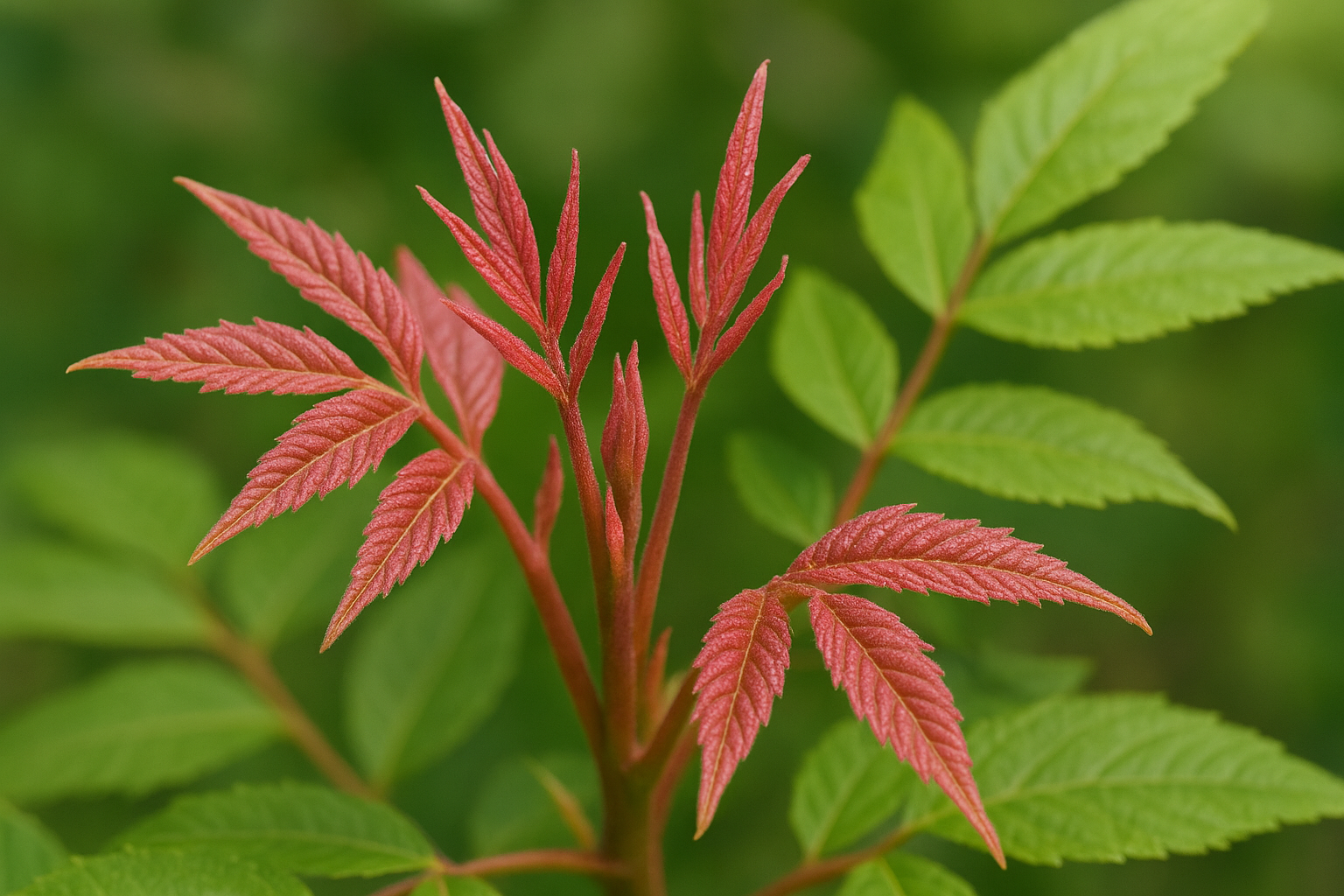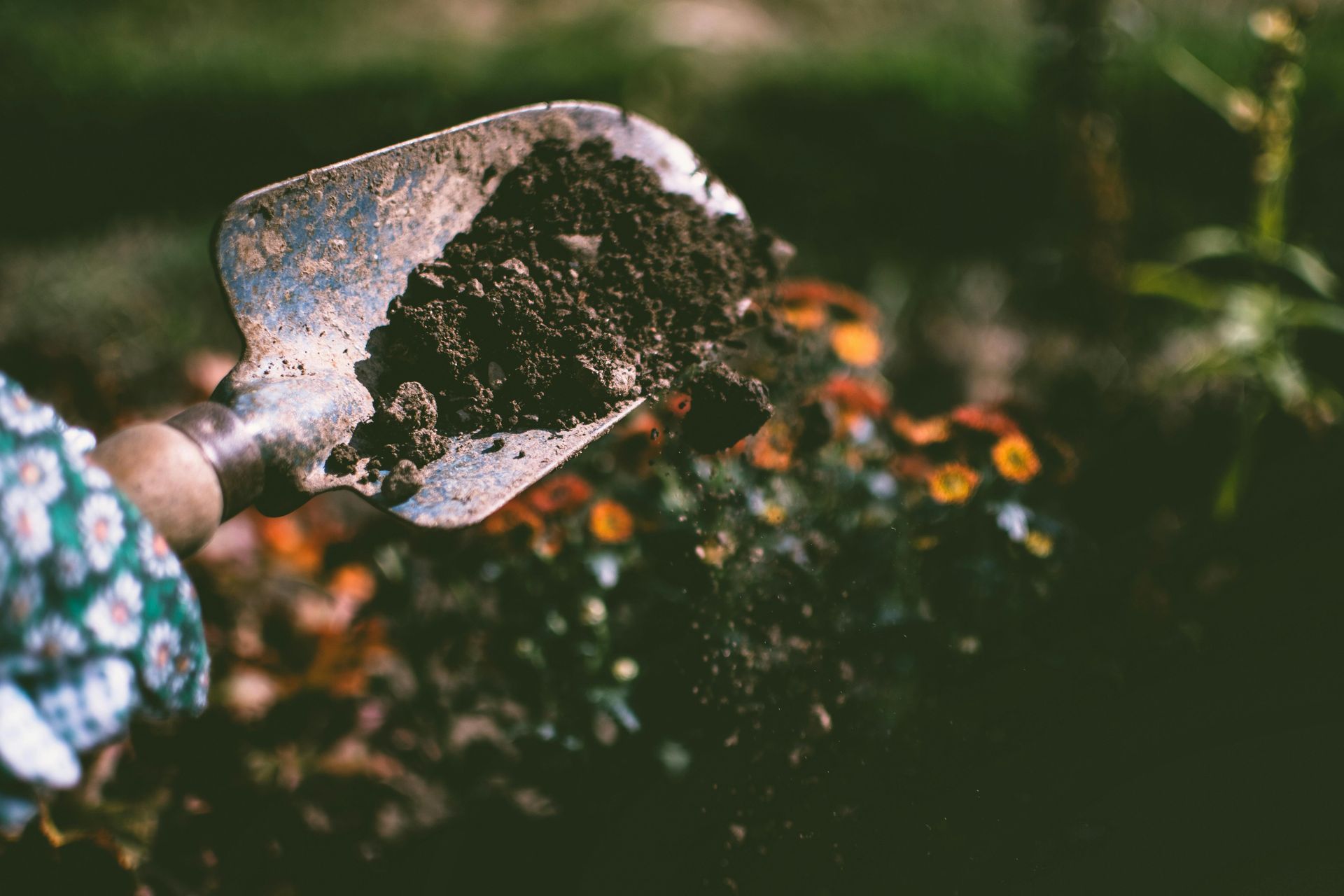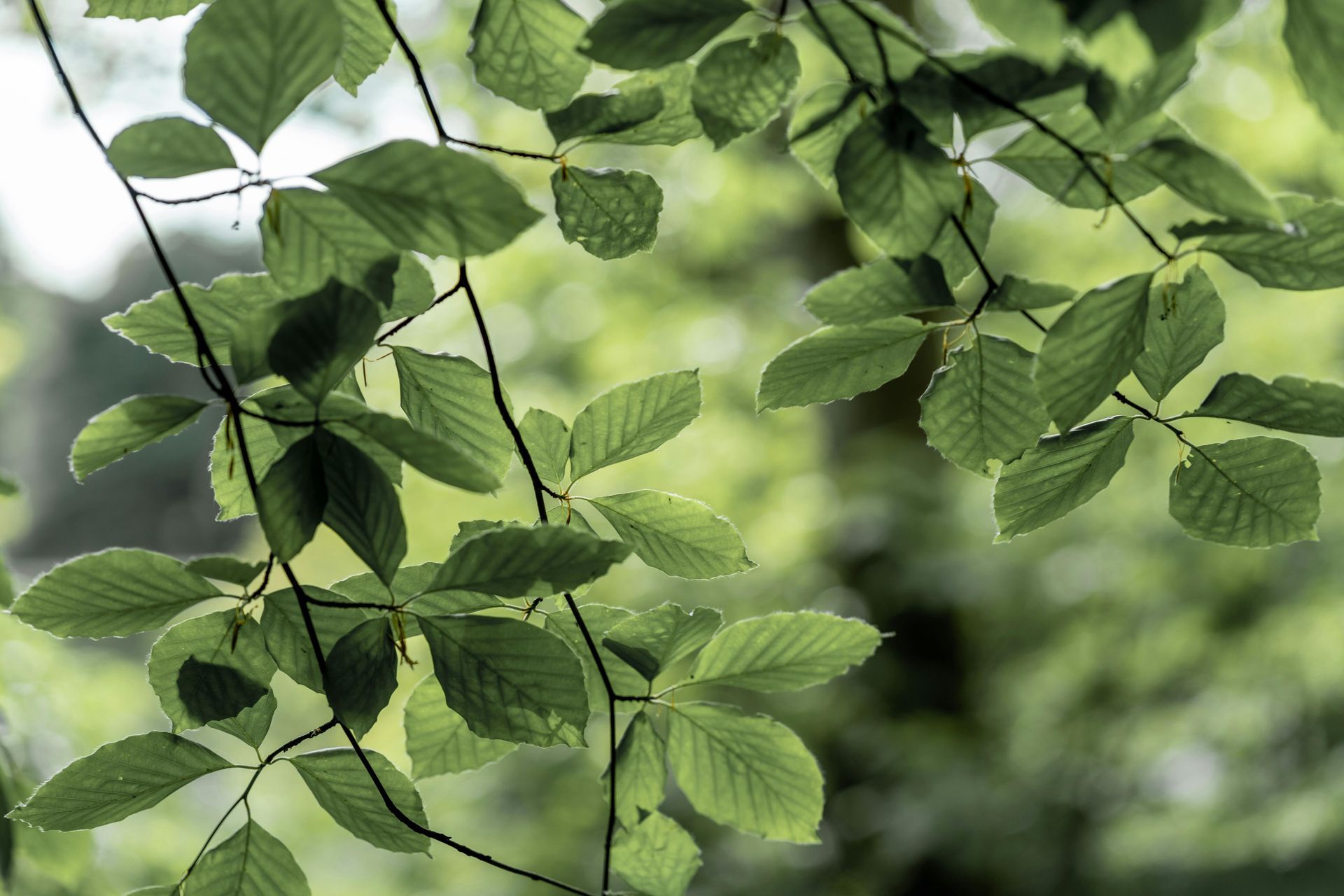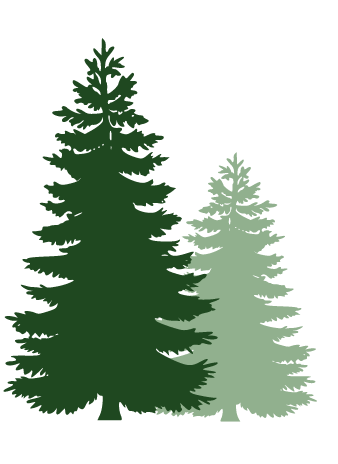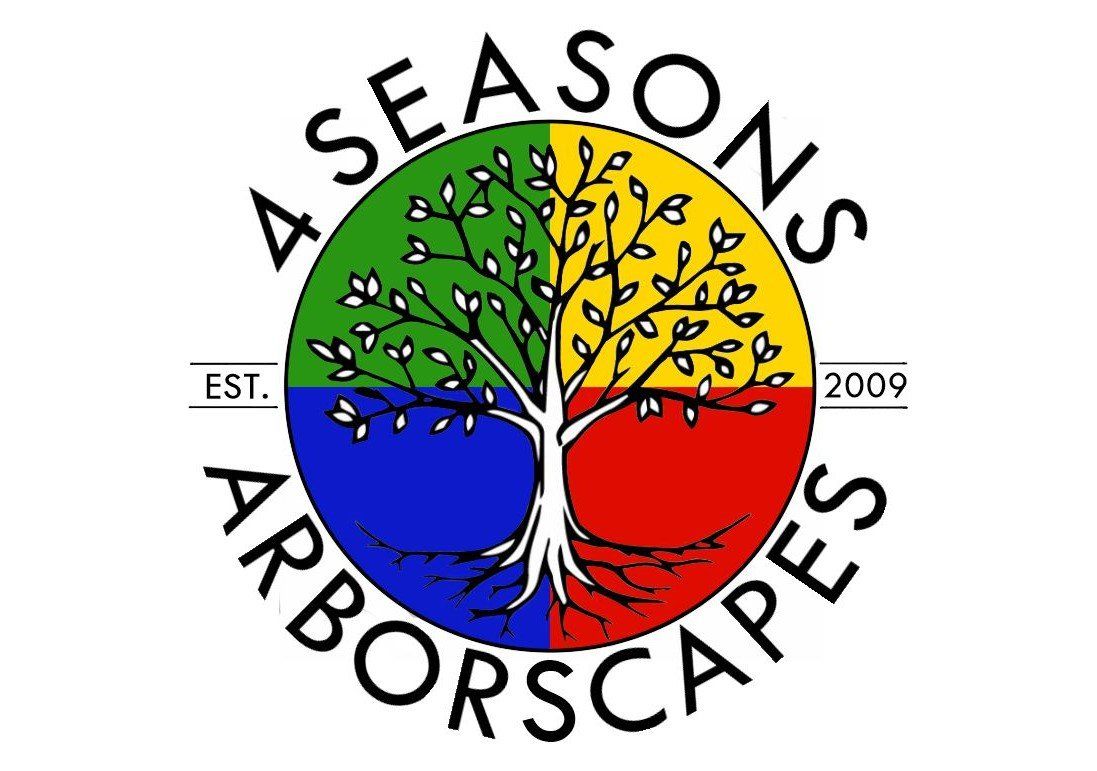Benefits of Neem Oil
You should switch from your current pesticide to neem oil. Here's why:
The neem tree, also known as nimtree or Indian Lilac, has garnered significant attention in recent years for its highly effective oil in controlling pests. Originating from India and Asia, this majestic tree, belonging to the mahogany family, can reach impressive heights of up to 65 feet.
Neem oil is both organic and biodegradable, making it an environmentally friendly choice. The extraction and harvesting process involves carefully gathering the leaves and seeds of the neem tree, which are then crushed to obtain the precious oil. To complete the process, a solvent, such as water, is added. It is important to dilute the oil with a carrier oil or water before use as it is highly potent in its undiluted form. After the oil is extracted from the seeds, there is a leftover substance known as the "cake." This cake serves as an effective fertilizer and mulch, enriching the soil by providing extended availability of nitrogen. Additionally, it aids in the control of nematodes, white ants, and grubs.
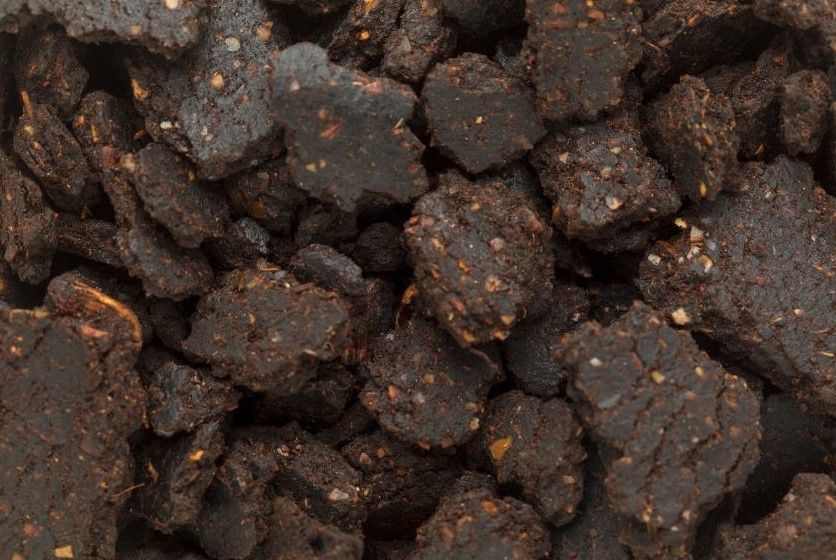
Neem oil comes in different forms:
- Wettable powders
- Granules
- Dust
- Emulsifiable concentrates
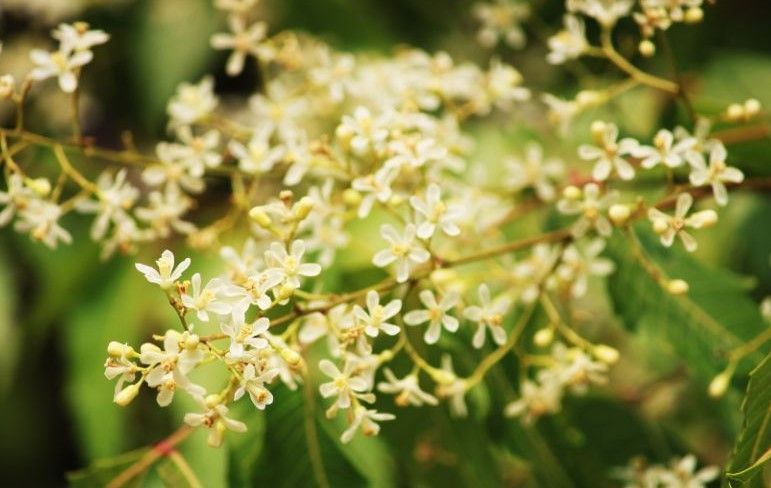
Neem oil is an exceptional tool for managing insects throughout their entire developmental cycle. Its remarkable effectiveness lies in the active chemical compound called azadirachtin, which plays a pivotal role in disrupting the insect's feeding habits, regardless of their stage of development, when applied to infested plants. Whether the pests are in their early larval stage, pupae stage, or have fully matured into adult form, neem oil remains a steadfast and reliable solution for pest control. By utilizing neem oil, gardeners and farmers can effectively safeguard their precious plants and crops from the relentless onslaught of insect damage.
At home, utilize neem oil as an effective pesticide during the plant's dormant period to effectively combat a variety of insects, including tent caterpillars, leaf rollers, and other types of caterpillar eggs that persist on plant leaves throughout the winter. Additionally, neem oil effectively eliminates aphids that lead to leaf curling in the subsequent spring, as well as mites that hibernate on plant leaves and scale insects. Furthermore, neem oil can be utilized as a foliar spray throughout the growing season to effectively control common pests such as aphids, spider mites, whiteflies, and leafhoppers.
Neem Oil on Outdoor Plants
Fruit bearing trees, such as pear, peach, apple, plum, cherry, and nectarine trees, are often susceptible to infestations by worms. These pests can significantly damage the health and productivity of your trees and berry bushes. Therefore, it is crucial to take proper preventive measures to keep your plants free of insects.
To protect your fruit bearing trees and berry bushes from worms and other harmful insects, it is recommended to spray them with a suitable insecticide such as neem oil. The spraying process should be done in specific stages to ensure maximum effectiveness. Please note that it is recommended to avoid spraying plants with neem oil while in full sun, as this can cause burns.
Firstly, it is advisable to spray the plants and trees before they blossom. This timing is crucial as it allows the insecticide to create a protective barrier before any potential infestation occurs. By doing so, you can minimize the risk of worms damaging the blossoms and young fruits.
Once the flowers have bloomed and the petals drop, it is essential to spray the plants again. This step helps eliminate any insects that may have survived the initial spraying or emerged after the first application. By targeting these pests at this stage, you can prevent their population from growing and causing further damage.
To maintain the insect-free environment, it is necessary to continue the spraying process every two weeks. This regular interval ensures that the insecticide remains effective in repelling and eliminating any new pests that may appear. By adhering to this schedule, you can safeguard your fruit bearing trees and berry bushes throughout the entire growing season.
In conclusion, protecting your fruit bearing trees and berry bushes from worms and other pests is crucial for maintaining their health and productivity. By spraying the plants before they blossom, after the petals drop, and every two weeks thereafter, you can effectively control and prevent infestations. Taking these preventive measures will help ensure that your trees and bushes thrive, providing you with a bountiful harvest of delicious fruits.
Some common fruit tree insects that the oil will help protect against are:
- Wooly apple aphids
- Rose leafhoppers
- Tarnished plant bug
- Leafhoppers
Berries bushes can be sprayed with neem oil, to help combat:
- Fire blight
- Verticillium wilt
- Orange rust
- Powdery mildew
- Fungal diseases
You can also utilize neem oil to safeguard your nut trees. Nut trees like walnut and pecan are often plagued by fall webworms, which construct silky nests in the nooks of tree branches. These pests can devastate crops and foliage by damaging leaves, fruits, and nuts of the host trees. When spraying, ensure that the oil directly touches the pests.
Neem Oil on Indoor Plants
Neem oil is a safe and effective option for protecting your indoor plants. Applying it is a breeze, regardless of the concentration you choose. Simply mix it with water and spray it onto leaves, stems, and soil. Neem oil can be used throughout the planting season until harvest day.
The best part is that neem oil poses no harm to birds, fish, livestock, or other local wildlife. Unlike most chemical pesticides, which harm earthworms and impede their activity in the garden, neem oil actually promotes earthworm activity. This allows the earthworms to enrich the soil with important nutrients such as potassium, nitrogen, and phosphorus.
Moreover, neem oil is completely safe to use around pollinators. It specifically targets bugs that chew on leaves, without affecting insects responsible for pollinating flowers. This means you can confidently use neem oil near butterflies, ladybugs, and other beneficial insects. As long as it is used in small quantities, the oil should have minimal impact on medium to large hives or honeybees.
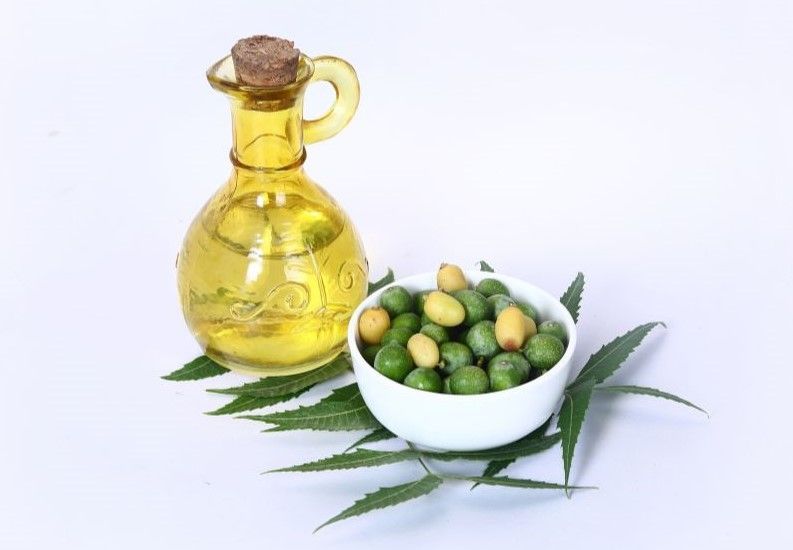
References:
24 Amazing Benefits and Uses of Neem Oil for Plants (saferbrand.com)
Neem Tree Growth And Care - Learn About Neem Tree Benefits And Uses (gardeningknowhow.com)
When To Spray Neem Oil On Fruit Trees - Grower Today
Images - Canva
Check out the latest:





